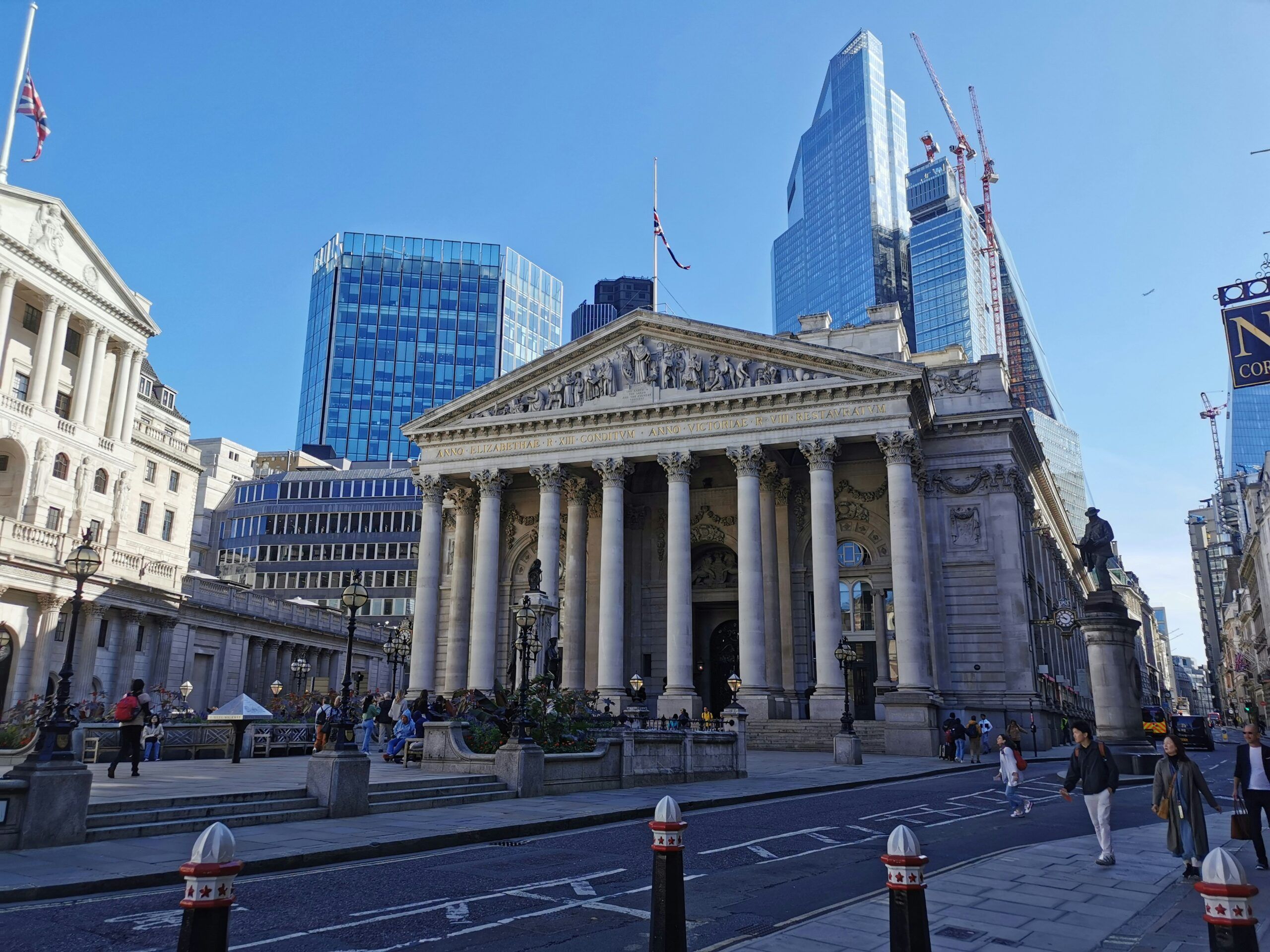Will the UK’s Inflation Figures Strengthen the Bank of England’s Hawkish Bias?
The latest data released by the ONS (Office for National Statistics), shows the United Kingdom’s inflation rate, the CPI (Consumer Price Index), jumped to 3.5% from 2.6% in April of this year, driven mainly by increases in water, energy and other price increases. Service inflation was seen accelerating from 4.7% to 5.4% and is an area the Bank of England watches closely for signs of underlying price pressure, and Bank officials had expected this figure to be 5%. Elsewhere Core Inflation (does not include food and energy) climbed to 3.8% which is the highest it has been since April 2024. Earlier this month, the Bank of England’s MPC (Monetary Policy Meeting) voted on yet another rate cut where two members voted to hold rate cuts, and the above figures bear out their cautiousness.
The Bank of England’s target inflation figure is 2%, and the current rate of inflation is well above that target and furthermore, the Bank of England expected this figure to rise and peak at 3.7% in September of this year. Other data shows consumer prices rising by 1.2%, the biggest rise for 24 months. Consumers in April were hit with a number of increases such as volatile air fares (up 16.2% year on year), water bills, local authority taxes, train fares and an across-the-board basic cost increase, which added to a pretty damning April for the government. However, analysts have noted that the Easter holidays were probably responsible for the jump in airfares (biggest month-on-month jump for April on record) and expect this figure to diminish before the summer holidays begin.
Experts suggest the financial markets are in favour of an end of year interest rate of 4% for the first time since the end of March/early April. This sentiment translates into one more rate cut this year suggesting that the Bank of England’s MPC will slam the door shut on an interest rate cut at its next interest rate meeting on Thursday 19th June 2025, with traders cutting an August interest rate cut from 60% to 40%. Markets also remember comments from the Bank of England’s Chief economist, Hugh Pill, who voiced in a hawkish speech that he feared interest rates were not high enough to keep the lid on inflation, and analysts suggest that it would not take too much for the swing voters on the MPC to move into the hawk’s camp especially after what the Consumer Price Index had recently shown.
Indeed, Mr Pill voted against a rate cut of ¼ of 1% earlier in May where he also said, “In my view, that withdrawal of policy restrictions has been running a little too fast of late, given the progress achieved thus far with returning inflation to target on a lasting basis. I remain concerned about upside risks to the achievement of the inflation target”. We will wait on the MPC’s meeting in June but the likelihood according to experts is a rate hold, plus we will also wait and see if Donald Trump’s economic policies impact further the global economy with any fall-out influencing decisions taken by bank officials. Elsewhere in April, it has been revealed that government borrowing for the month was £10 Billion, with data confirming this figure to be a new record. All in all, not the best 30 days with newspapers dubbing the month as “Awful April”.



